Penguin poop may be making Antarctic skies cloudier - and helping to mitigate the effects of climate change in the region.
The emissions from these birds' droppings are providing key chemical ingredients for forming cloud "seeds" - the tiny particles that clouds condense around.
This is the result of a study published on May 22 in the Journal of Communications Earth & Environment.
The main ingredient that penguin droppings contribute to this process is ammonia.
Previous studies have found that ammonia in the atmosphere can combine with sulfuric acid emitted by marine phytoplankton to form tiny particles called cloud condensation nuclei – the “seeds” of clouds.
These clouds could help cool the planet by reflecting more sunlight back into space.
Scientists are keenly interested in understanding the factors that govern climate and cloud cover in the Southern Ocean and Antarctica, which can have a strong impact on global climate.
Near Argentina's Marambio Station on the Antarctic Peninsula, snow and soil are regularly covered with droppings from a nearby breeding colony of Adélie penguins.
Matthew Boyer, an atmospheric scientist at the University of Helsinki, and colleagues wanted to assess how this “natural fertilizer” might affect cloud formation in the region.
Researchers measured concentrations of ammonia, dimethylamine, and other gases over the Antarctic Peninsula from January 10 to March 20, 2023, to better understand how different gases contribute to the region's cloud formation.
They observed ammonia concentrations of up to 13.5 parts per billion, 1,000 times higher than concentrations in areas without penguins.
Then, using measurements over a single day, they observed how the concentration of these tiny aerosol particles changed as wind direction changed.
The results showed that winds blowing from the direction of the penguin colony carried a spike in aerosol concentrations (and a bit of fog).
Overall, the team found that the penguins' contribution to the atmospheric "chemical mix" increased the rate of particle formation by up to 10,000 times in the region.
Surprisingly, this effect persists even after the birds have left the area to begin their annual migration.
The amount of bird droppings "fertilized" the soil so much that a month after the penguins left, ammonia emissions were still 100 times higher than baseline measurements./.
Source: https://www.vietnamplus.vn/bat-ngo-phan-chim-canh-cut-co-the-giup-chong-bien-doi-khi-hau-post1040391.vnp



![[Photo] Action for the Community tells stories of enduring journeys – both intimate and great, yet quiet and determined](https://vphoto.vietnam.vn/thumb/1200x675/vietnam/resource/IMAGE/2025/11/15/1763179022035_ai-dai-dieu-5828-jpg.webp)






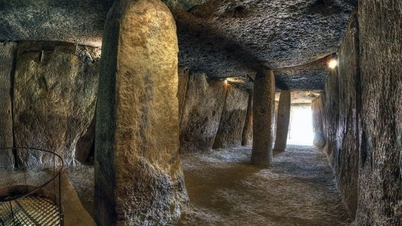













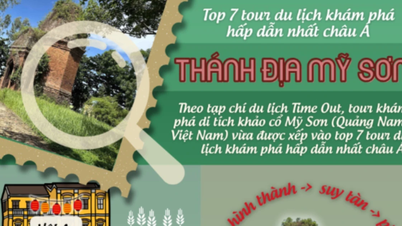









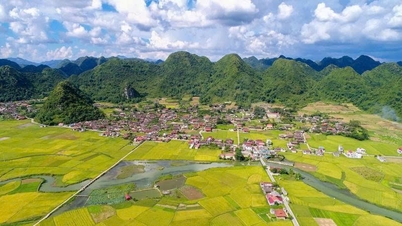



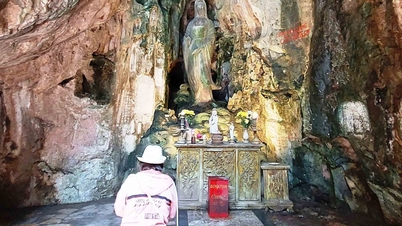

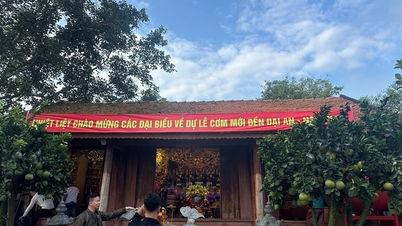


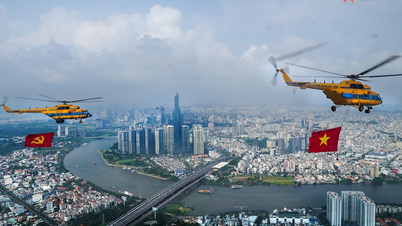

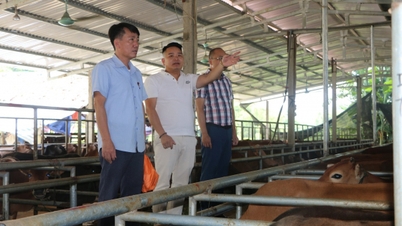



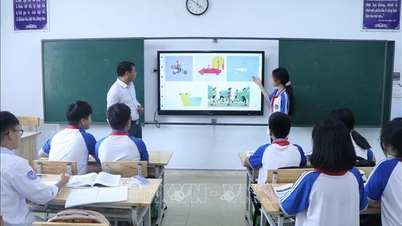

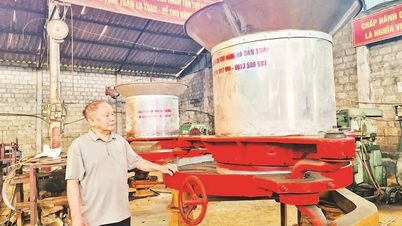
















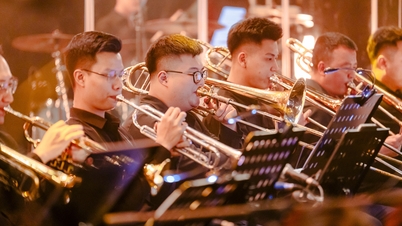



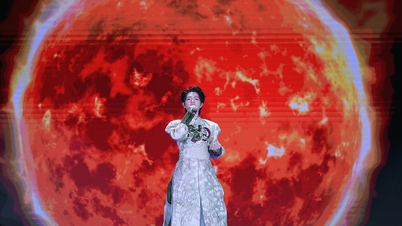






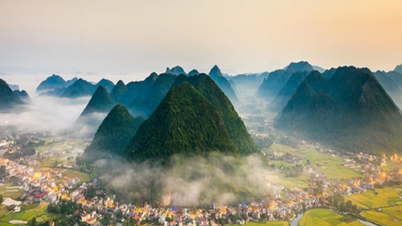


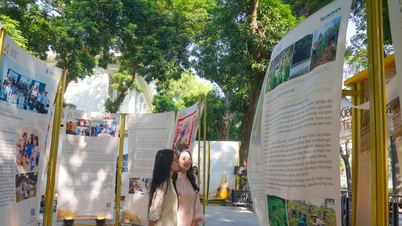




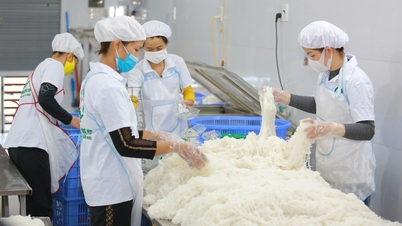

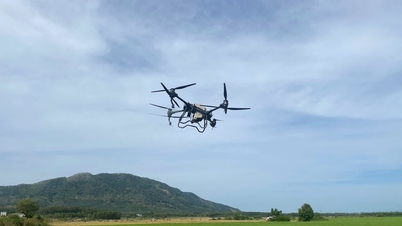








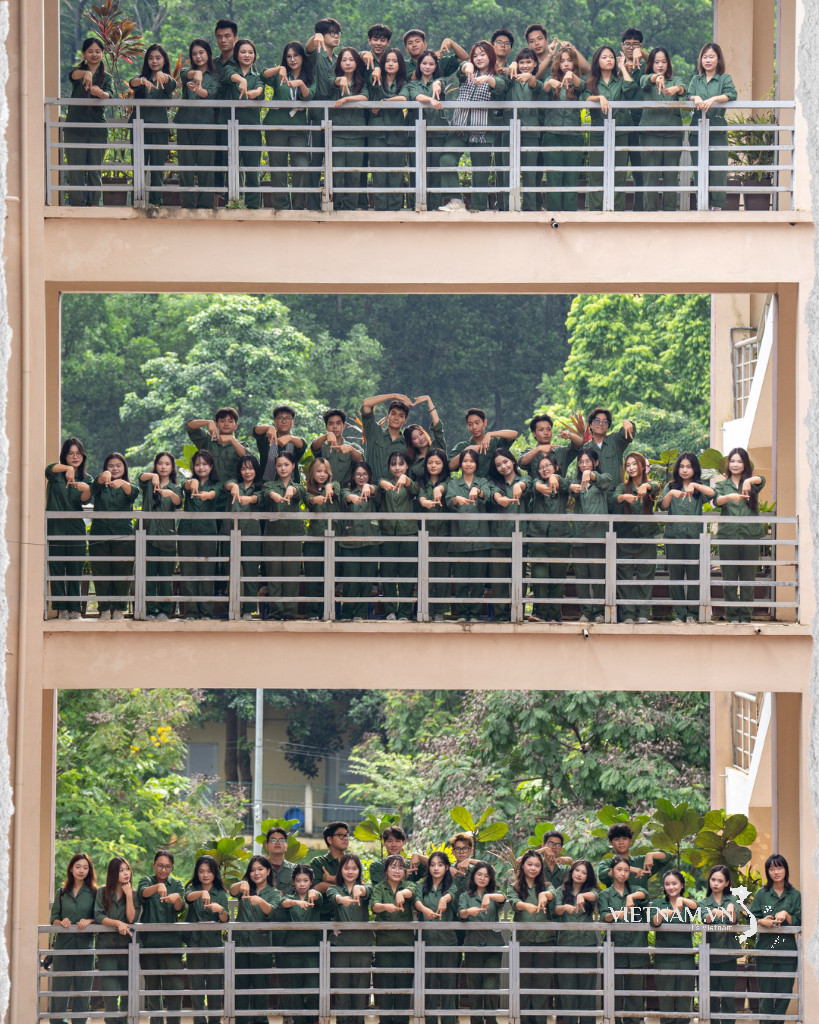



Comment (0)